The bacterial load of chewing gum persists even weeks after being in the ground
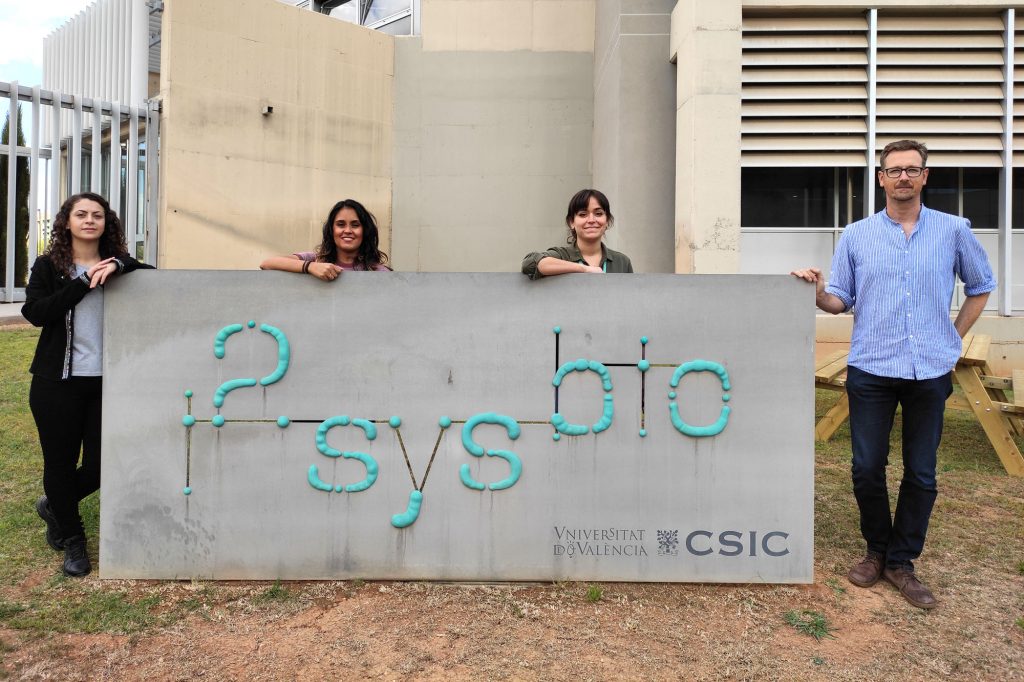
Researchers from the Institute of Integrative Systems Biology (I2SysBio), a joint centre of the University of Valencia and the CSIC, has analysed the wasted chewing gum bacteria from five different countries. The research, just published in the journal ‘Scientific Reports’, shows that the bacterial load of gum changes in a matter of weeks and that oral bacteria persist surprisingly long enough when gum is in the ground. This research can be applied in forensic medicine or control of contagious diseases.
The role of dopamine in neurons involved in some psychiatric disorders investigated
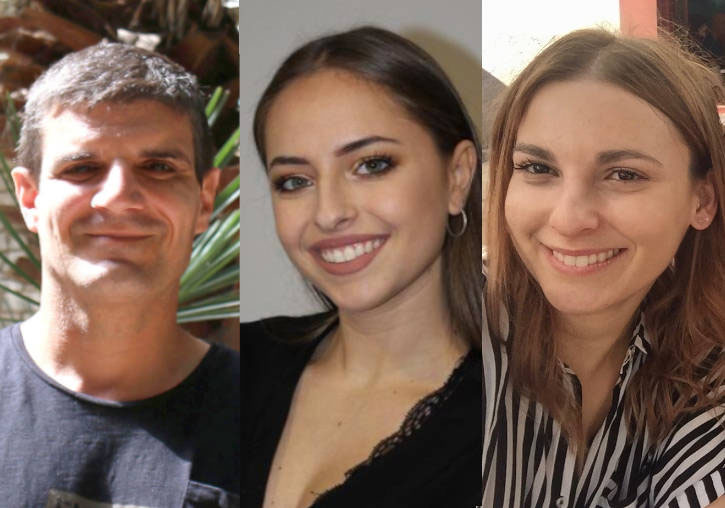
Juan Nácher, professor of Cell Biology at the University of Valencia (UV), has conducted research on the role of dopamine – a substance in the brain important in behaviours – in a population of immature neurons in the adult brain, which could be involved in some psychiatric disorders, mainly depression. The work, published in the journal ‘Frontiers in Neuroscience’, suggests a new target in the treatment of these conditions.
Dolors Corella, pioneer of nutritional genomics
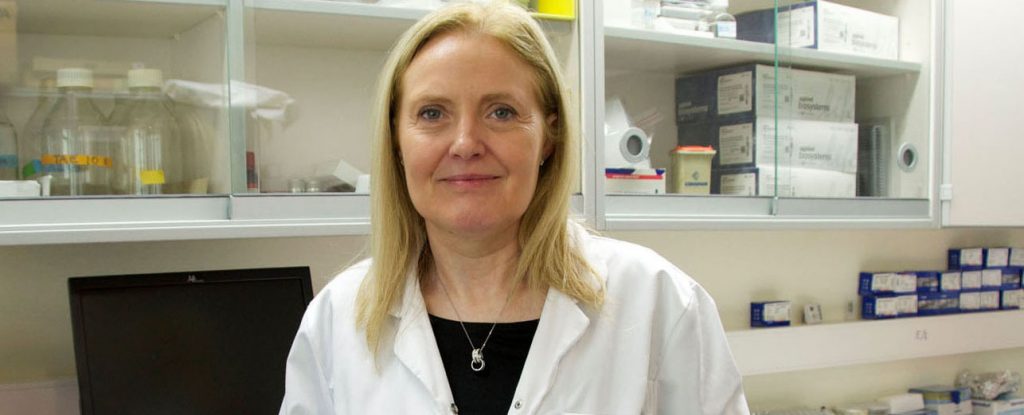
When Dolors Corella Piquer (Onda, Castellón, 1966) received the 2018 Rey Jaime I Award for Medical Research, this professor of Preventive Medicine and Public Health at the University of Valencia had already been body and soul devoted to science for 30 years; just the same ones that the famous awards turned raised by a jury […]
Hidden biodiversity: cetacean parasites
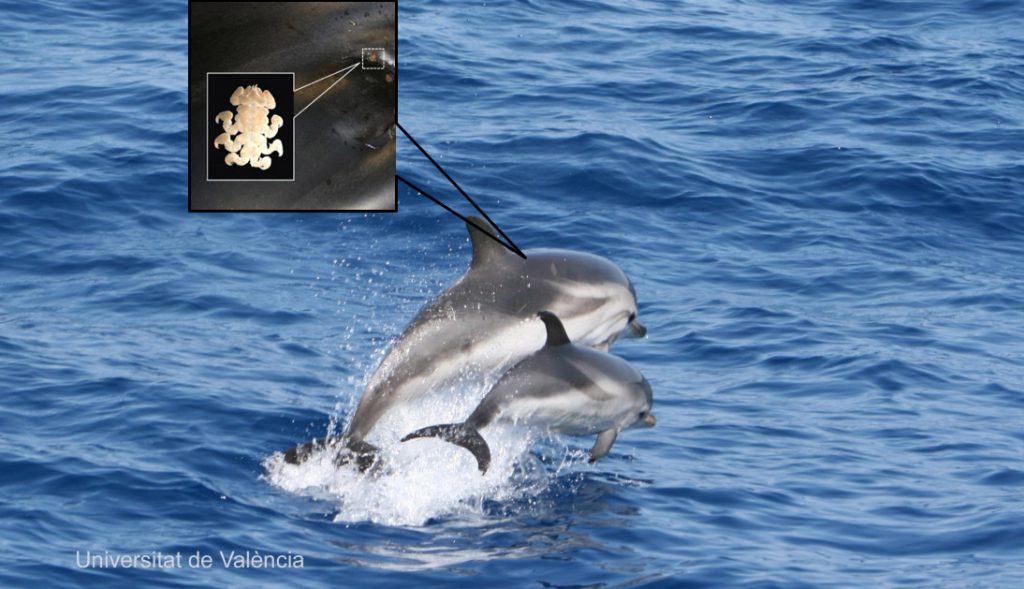
Parasitism is the most widespread life strategy in the living world. It could be said that parasites represent the largest group of species on the planet and are obviously an integral part of biodiversity. As Carl Zimmer says in his book Parasites (Capitán Swing, Madrid, 2016), a healthy ecosystem is full of parasites. Despite this […]
Ana Lluch, a passionate and committed ‘double agent’ in the fight against breast cancer
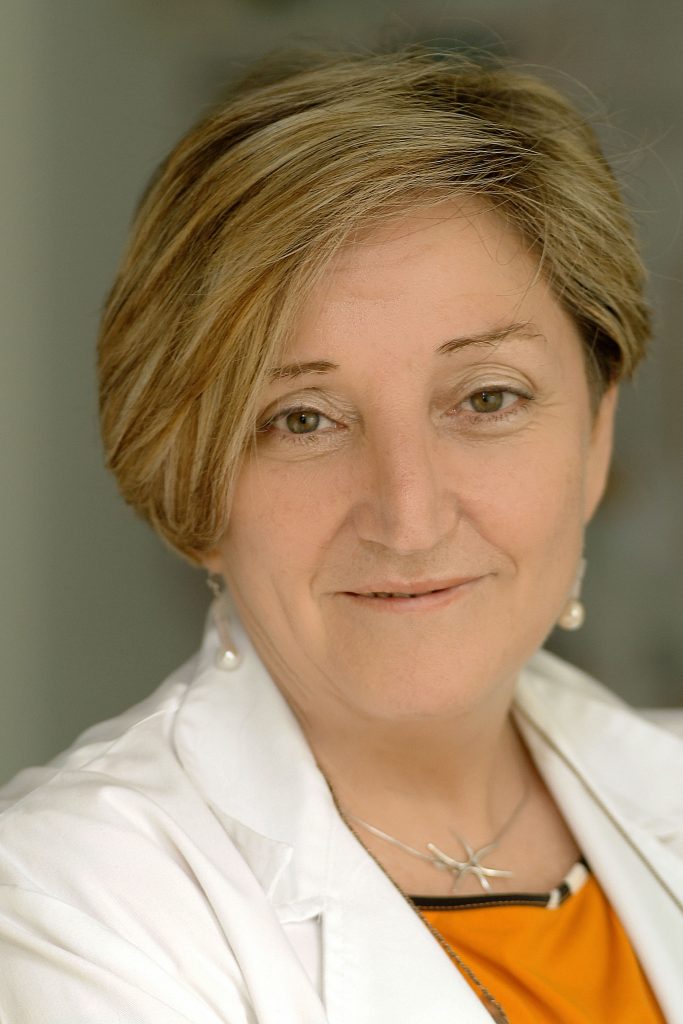
It is a pleasure for me to draw a profile of Professor Ana Lluch, whom I have known, in a very close way, since the beginning of our professional career, and to underline her multiple merits and scientific and personal qualities. Since the beginnings of her career, Ana focused her efforts on research and knowledge […]
The archaeological science research in the Mediterranean area
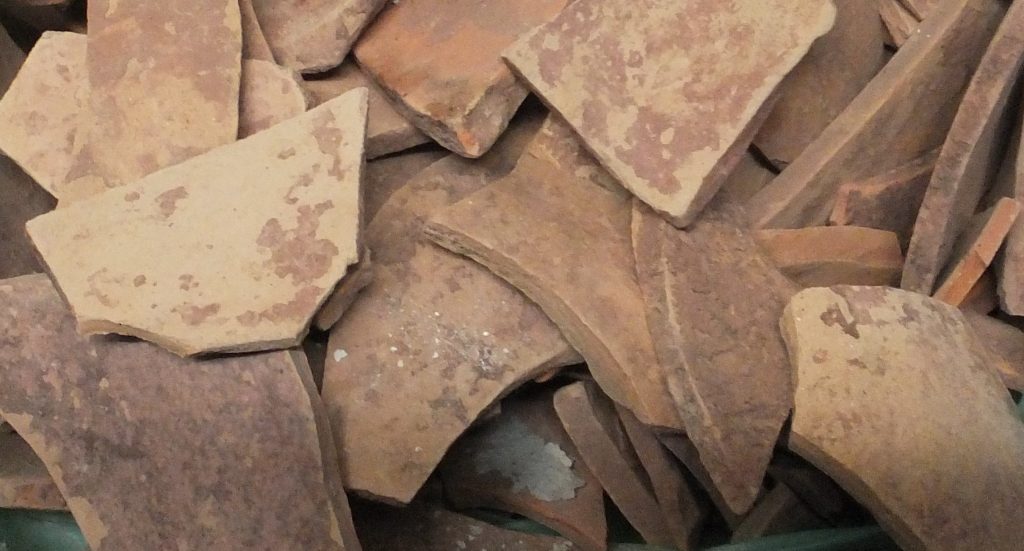
Since the middle of the last century, the study of archaeological materials using methodologies typical of disciplines considered as sciences such as physics, chemistry, biology and geology has served as support to the traditional methodological lines of archaeology, which has allowed access to a database that without the support of multidisciplinarity would be unattainable. The […]
Two insecticides recommended in pest management negatively affect beneficial insects through honeydew
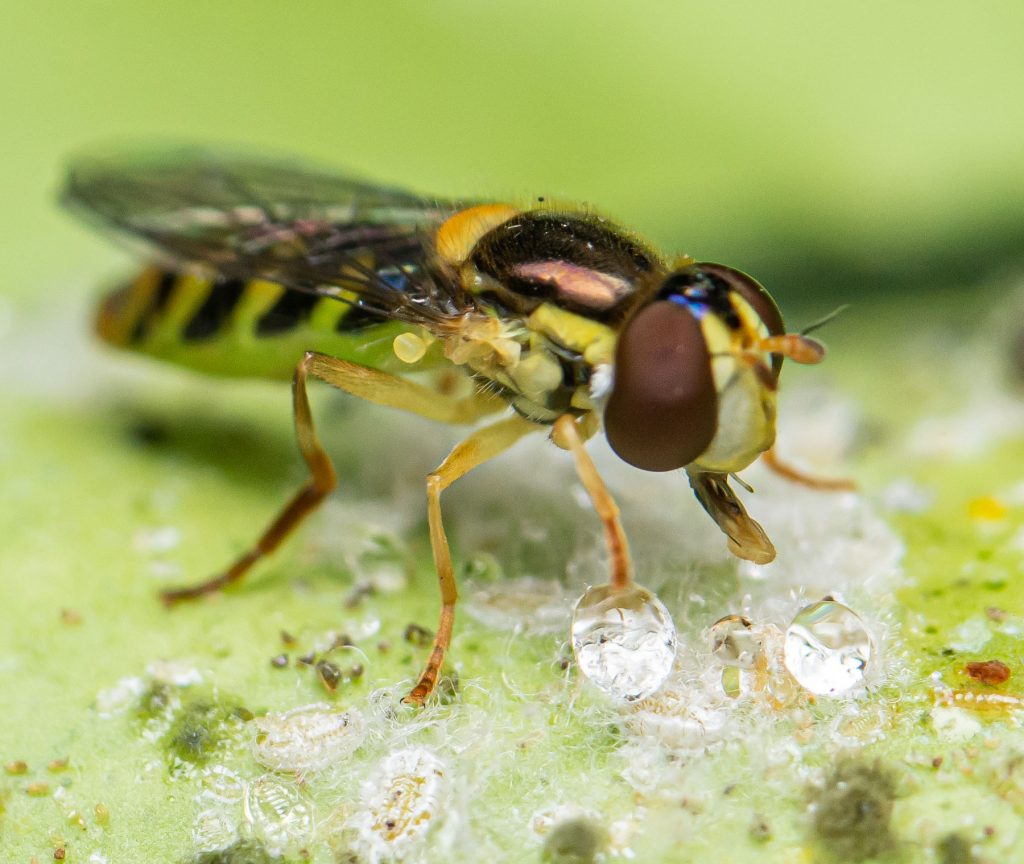
A study by the University of Valencia (UV), the CSIC, the CIDE (Desertification Research Centre) and the Valencian Institute for Agrarian Research (IVIA) shows that pymetrozine and flonicamide, two insecticides recommended in some integrated management programs pests (GIP), can negatively affect biological control agents when they feed on honeydew. The work, applied to citrus fruits, has been published in the journal Environmental Pollution.
The future Valencian teachers of Primary Education need to improve their knowledge about the risk of flooding
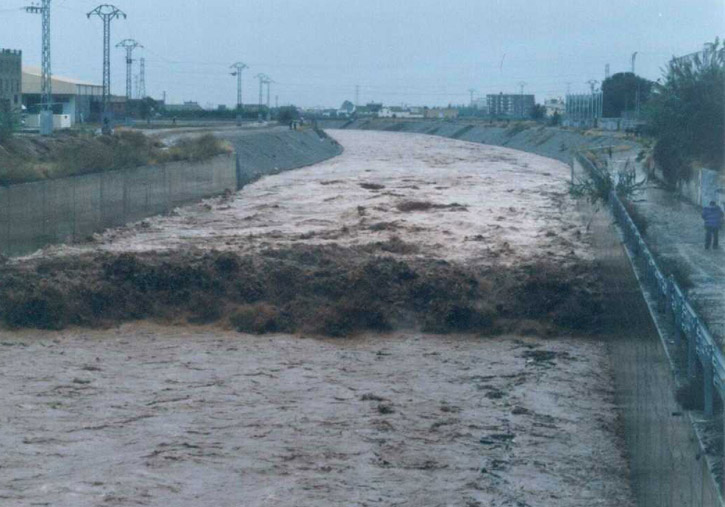
A study by Álvaro Morote, a researcher at the Faculty of Teacher training at the University of Valencia (UV) and by María Hernández, professor of Geography at the University of Alicante (UA), highlights that current teaching students at the UV have not received sufficient training during their school education on the risk of flooding and its relationship with climate change. In addition, there is a lack of knowledge on the subject that is accentuated by the information sources used by future teachers (especially the Internet), and because only 11.2% of those surveyed believe that training their future students in this area can reduce risks.
One in five hoaxes on WhatsApp about COVID-19 deals with its prevention or cure with substances or actions
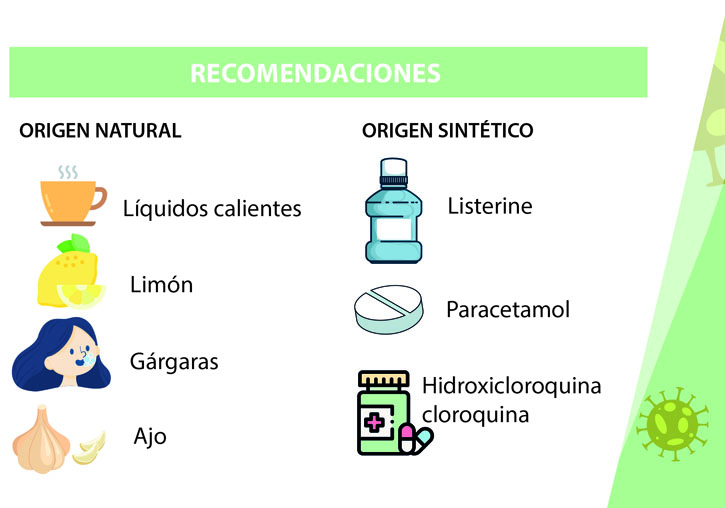
Three researchers from the University of Valencia led by the professor of Journalism Carolina Moreno have published a study in which they analyse the hoaxes disseminated through WhatsApp in Spain during the COVID-19 pandemic, with the aim of identifying what type of substances were promoted to be consumed. One in five text, video or audio threads was about the prevention or cure of the coronavirus, arguing on the principle of medical authority and basically promoting the use and consumption of substances of natural origin.